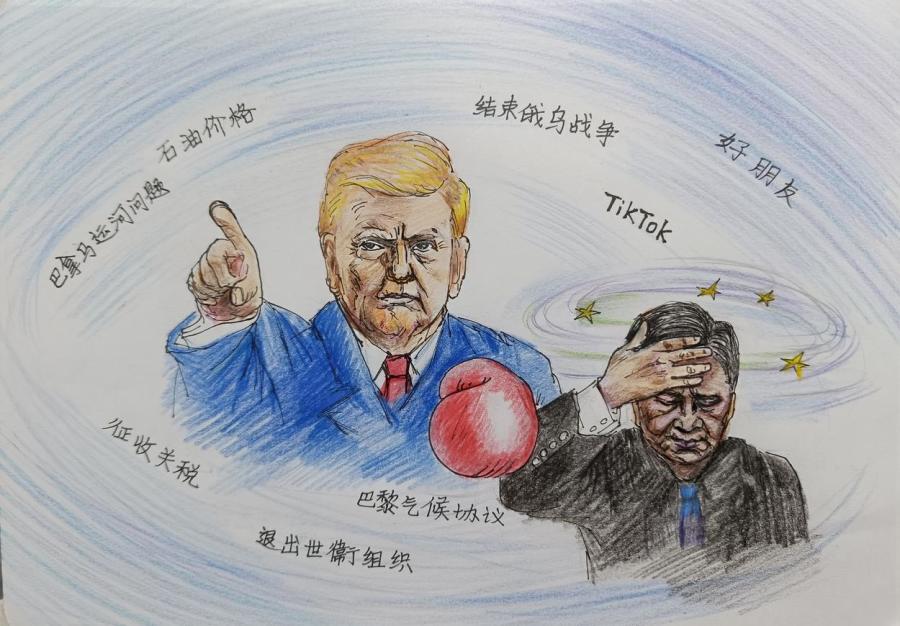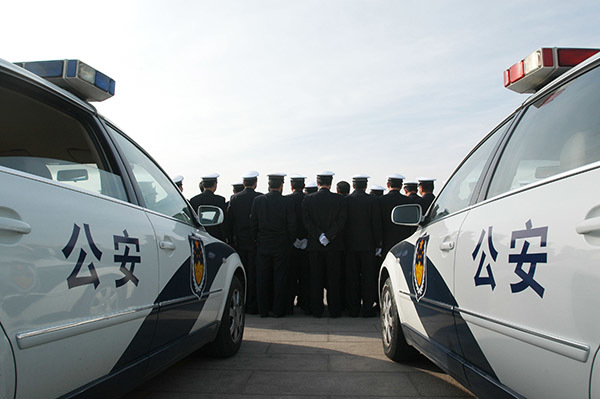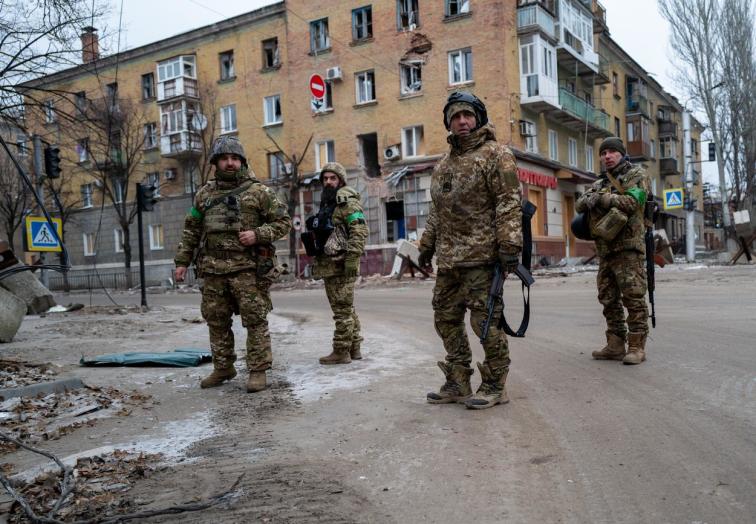Trump's soft and hard tactics leave the CCP disoriented. (Image by Qing Yu / People News)
[People News] Recently, CNN released an audio recording in which Donald Trump says he once told Xi Jinping that if China attacked Taiwan, he would bomb Beijing. Following the U.S. military’s June 21 “Operation Midnight Hammer” strikes on three Iranian nuclear facilities, Xi was reportedly so alarmed that he couldn’t sleep, and immediately ordered China’s Central Military Commission to convene and discuss countermeasures.
According to the audio obtained by CNN, Trump revealed during 2024 fundraising events in New York and Florida that he had a “tense” exchange with Vladimir Putin. He stated: “I told Putin if he attacked Ukraine, I would bomb Moscow—it would be wiped out. I had no choice.”
Trump said his relationship with Putin was good, but warned him sharply. He added that Putin’s reaction was disbelief (“like he didn’t believe I would do it”), but estimated Putin believed “about 10%.”
Turning to China, Trump said: “I met with Chairman Xi of the CCP. They had 100,000 soldiers lined up in rows—each soldier the same height, so regimented you could play pool off their hats. But I also told him plainly: ‘If you do something to Taiwan, I will level Beijing.’” Trump laughed, “He thought I was crazy.”
When Xi responded, “Beijing? You’d bomb Beijing?” Trump firmly replied, “I have no choice.”
Trump added that Xi’s reaction was similar to Putin’s—perhaps only believing him at the 5–10% level—but “even 5% is enough. If he doesn’t dare gamble on the 90%, then it won’t happen.”
The leaked audio was recorded at multiple fundraising dinners Trump held in New York and Florida in 2024 and were obtained by three journalists who included them in their new coauthored book, 2024.
On the night of June 21, the U.S. deployed multiple B‑2 bombers in airstrikes on Iran’s nuclear sites: Fordow, Natanz, and Isfahan.
U.S. Defence Secretary Pete Hegseth later told reporters: “The bombers completed a round-trip mission and the world didn’t even know.” This shocked the world—and greatly alarmed Xi in Zhongnanhai.
Veteran journalist and columnist Gould published an analysis on July 9 in Guang Media titled: “Operation Midnight Hammer Strikes Xi Jinping’s Sensitive Nerve!”
He noted that the operation was driven by General Dan Caine, Trump, VP J.D. Vance, Secretary of State Marco Rubio, Defence Secretary Hegseth, and the Chairman of the Joint Chiefs. He analysed the impact on the U.S.’s major opponents, especially Beijing.
Gould argued that while the operation appeared bold and hawkish, it more accurately represented a pragmatic strategy: Caine convinced the hawks that precision strikes on Iran could be effective and politically safe, while also assuring MAGA isolationists no prolonged ground war would ensue.
After Midnight Hammer, on June 24 in Ohio, J.D. Vance formally defined “Trump Doctrine” in foreign policy, outlining three key tenets:
-
Clearly define America’s core national interests—e.g., preventing nuclear weapons in Iran.
-
Prioritise diplomatic efforts.
-
If diplomacy fails, use overwhelming military force—but withdraw promptly to avoid long wars.
Vance stated that military action against Iran was about balancing the protection of U.S. interests with the avoidance of “endless overseas conflicts.” If the same core group of decision-makers were to face a serious confrontation with Beijing, what kind of decisions might they make?
The article argues that while the U.S. is unlikely to become mired in a military quagmire over Taiwan, it does not rule out the possibility of launching another “Operation Midnight Hammer.”
The analysis continues: whether it's the America First/MAGA isolationist faction, Trump-style realists, or neoconservative hawks, they all consider strategic competition with the Chinese Communist Party (CCP) to be a matter of vital U.S. national interest. As a result, they harbor deep hostility toward Beijing and view the CCP as a primary adversary. However, aside from the neoconservative hawks, the MAGA isolationists and realists in Trump's camp are unwilling to engage in a prolonged war over Taiwan. They may sell arms to Taiwan, but will avoid becoming bogged down in a military quagmire on its behalf.
Moreover, lower-level officials who were not part of the Iran strike decision-making core—such as Deputy Defence Policy Secretary Elbridge Colby, Deputy National Intelligence Assistant William Ruger, and Deputy National Security Advisor Robert Gabriel Jr.—belong to the "strategic restraint faction" (Restrainers). While they emphasise the need to counter Beijing, they also do not believe that the Taiwan issue justifies escalating conflict with the CCP. Colby has even publicly stated that Taiwan is not a core U.S. interest.
So, by the definition of “Trump Doctrine” provided by Vance, Beijing should, in theory, rest easy—since the U.S. would not get entangled in a long-term military conflict over Taiwan. Does that mean Beijing can act toward Taiwan with impunity?
Not quite. The U.S.'s “Operation Midnight Hammer” shocked Zhongnanhai to the core. Reportedly, after the operation, Xi Jinping immediately ordered the Central Military Commission to investigate and understand the details of the U.S. military’s actions. In reality, Xi had already realised that Trump’s threat to bomb Beijing was not mere rhetoric.
In a briefing, General Caine noted that two members of the Defence Threat Reduction Agency (DTRA) had spent the past 15 years studying Iran’s Fordow nuclear facility. They thoroughly analysed the construction of the base and monitored “every corner, every crater, every single piece of equipment that entered or exited.” Their 15 years of work enabled the successful execution of Operation Midnight Hammer.
At a Pentagon press conference, General Caine added, “Our adversaries should know—there are many such targets in the world, and our teams have been watching them for 15 years, and will continue to do so.” The implication was clear: DTRA has long had its eyes on Beijing. The article points out that this is one reason why Xi became so nervous and ordered the military to study Operation Midnight Hammer.
Even if the U.S. won’t get trapped in a Taiwan Strait military quagmire, could Uncle Sam launch another “Midnight Hammer” to strike key targets like Zhongnanhai? The article concludes that this very question is what keeps Xi Jinping awake at night.











News magazine bootstrap themes!
I like this themes, fast loading and look profesional
Thank you Carlos!
You're welcome!
Please support me with give positive rating!
Yes Sure!